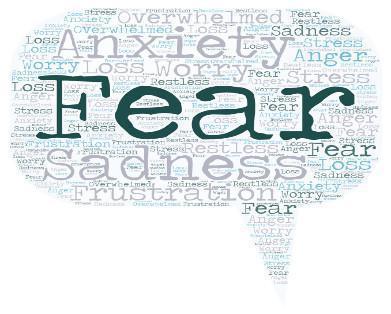By Ciara Collins, Clinical Nurse Manager
Due to the occurrence of Covid-19 and the change in our usual daily structures and routines it may result in increased emotional distress. It is important to remember this response is a normal reaction and that there are many ways in which you can both manage and overcome this distress which will be the focus of today’s article.
What is emotional distress?
Emotional distress can be displayed in different ways for different people. Emotional distress can include feelings such as:
- Sadness
- Fears
- Frustration
- Anxiety
- Feeling overwhelmed
- Worry
- Panic
Tips to manage emotional distress:
- Practice relaxation techniques such as the calming breathing skill. Inhale through your nose for 5 seconds and exhale out through your mouth for 5 seconds. This breathing technique can be used if you are sitting down or standing.
- Distract; distraction skills such as puzzles, crosswords, drawing/colouring/sketching, knitting, journaling can be useful when feeling distressed to divert your attention away from difficult emotions.
- Talking; speaking with a trusted family member, partner, friend or therapist can help manage and make sense of difficult emotions.
- Self-Care: Ensuring you have time for self-care can have a positive impact on emotional distress. Create a list of self-care strategies which can act as reminder when you may experience increased emotional distress. Some self-care strategies may include: Listing to your favour music, engaging In hobbies / interests, keeping regular eating and sleep routines.
At first try these strategies may seem difficult to use in times of increased emotional distress, practice them often and they can become effective coping tools to help to manage difficult emotions.
"Nothing is impossible, the word itself says, ‘I'm possible!'" — Audrey Hepburn


